Scope of activity.
Scope of activity
TOPIC refuses to have its own stable company. This is because we strive for a certain room for manoeuvre in our programme so that our doors are always open for productions and companies of different origin that make use of diverse techniques and offer alternative artistic conceptions. This will enrich our offer and afford opportunities for more artists.
TOPIC will offer its premises to those companies that would be interested in using temporarily a fully-equipped space where they will be able to carry out the process of production. This will be open to any company, and they will be provided with the proper infrastructure for the creation, assembly and rehearsal of their work.
Regarding dissemination, our project envisages potential coproduction agreements that encourage the creation, staging and dissemination of modern theatre, especially that of younger authors. We hope that this would help produce quality contemporary texts that are scarce at the moment, which is a situation that leads to puppeteers reaching for the classic fairy tales, ending up in many a version that does not satisfy the public and, at times, shows little respect for the original work.
We also look at the internet as a tool that allows us to make our activities and programmes available to as many people and educational, leisure and artistic collectives as possible. Equally, we reclaim more visibility for the puppet theatre in the media in order to attract the interest of critics.
Given that, as a centre, our principal target audience are children, TOPIC has developed an 18-week school campaign that will give children the chance to establish a deeper and fun contact with the art of puppetry thanks to activities like shows, talks with artists, museum visits, the creation of basic puppets or a tour of Tolosa’s old town. The school campaign will be complemented with family-friendly weekend shows, and others exclusively directed to adults.
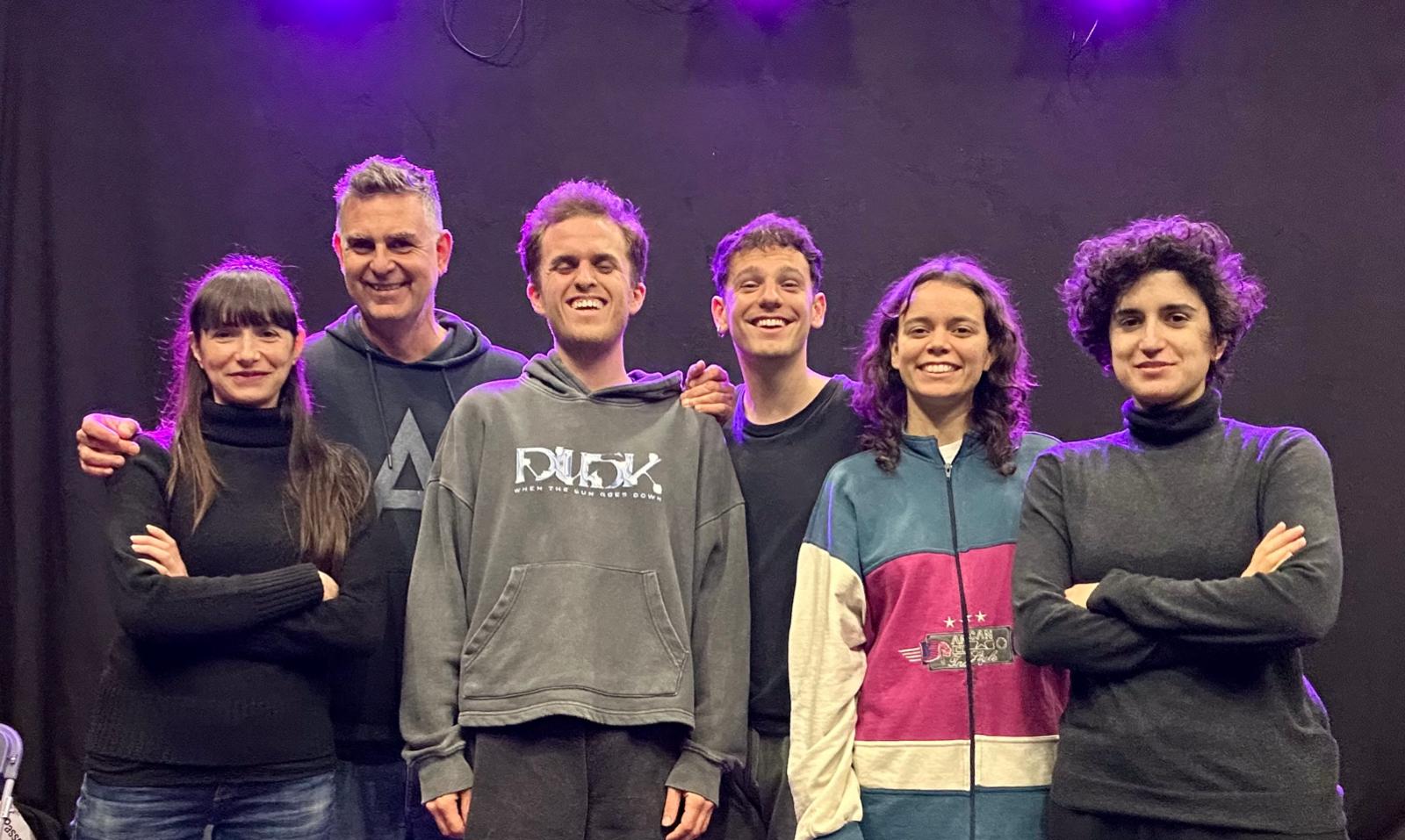
Documentation and research
The centre offers a space for consultation where visitors can access the library and multimedia library. It is a great space for those interested in the art of puppetry, as part of their research and studies, or just for mere curiosity.
TOPIC’s document collection consists of 2,000 videos and DVDs of puppet shows from all over the world; 1,800 posters, 75,000 pictures and over 2,500 companies’ literary documents; and a specialised library that offers 1,300 volumes on this artistic discipline. Every single piece, except for those with author’s rights, is currently being digitalised and will be available to the public on this very website thanks to the help of the regional council of Gipuzkoa.
There are also plans for the collaboration with universities in order to be able to offer research grants to encourage graduates from degrees related to culture, art, philosophy or theatre to gain insight into any of the several aspects of this complex art.
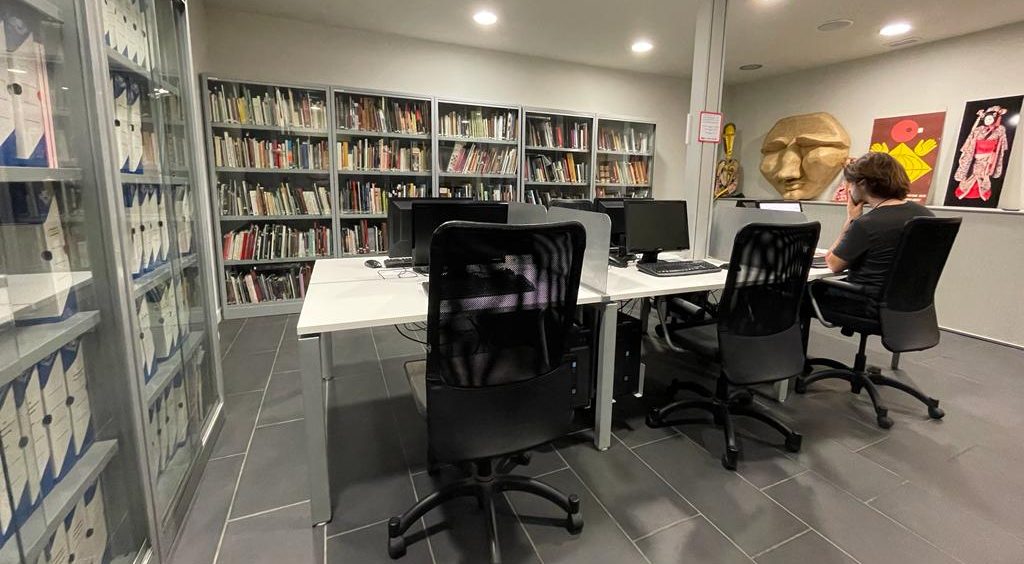
Professional formation and recycling
Although it does not belong in formal education, this section will provide the necessary tools for the improvement of the work of those artists whose knowledge is mostly based on self-education or with the objective of promoting the use of this art in the field of education, health or leisure.
Regarding puppeteers’ professional recycling, the courses and workshops will take into account this art’s transversality and its relationship with the visual arts, music, voice, the different communication forms, theatre technology and more, while bearing in mind other basic aspects of theatre as can be dramaturgy, stage direction and acting. As with other aspects related to puppetry, TOPIC is always open to UNIMA’s suggestions and collaboration. In addition to all this, there will also be instruction aimed at providing teachers, leisure instructors and sociocultural agents those necessary tools to be able to make the most of this artistic expression in their respective fields.
Finally, children will also have their space in these courses and workshops. Those over the age of eight will be taught to play in teams, create their own staging and puppets and enjoy theatre.
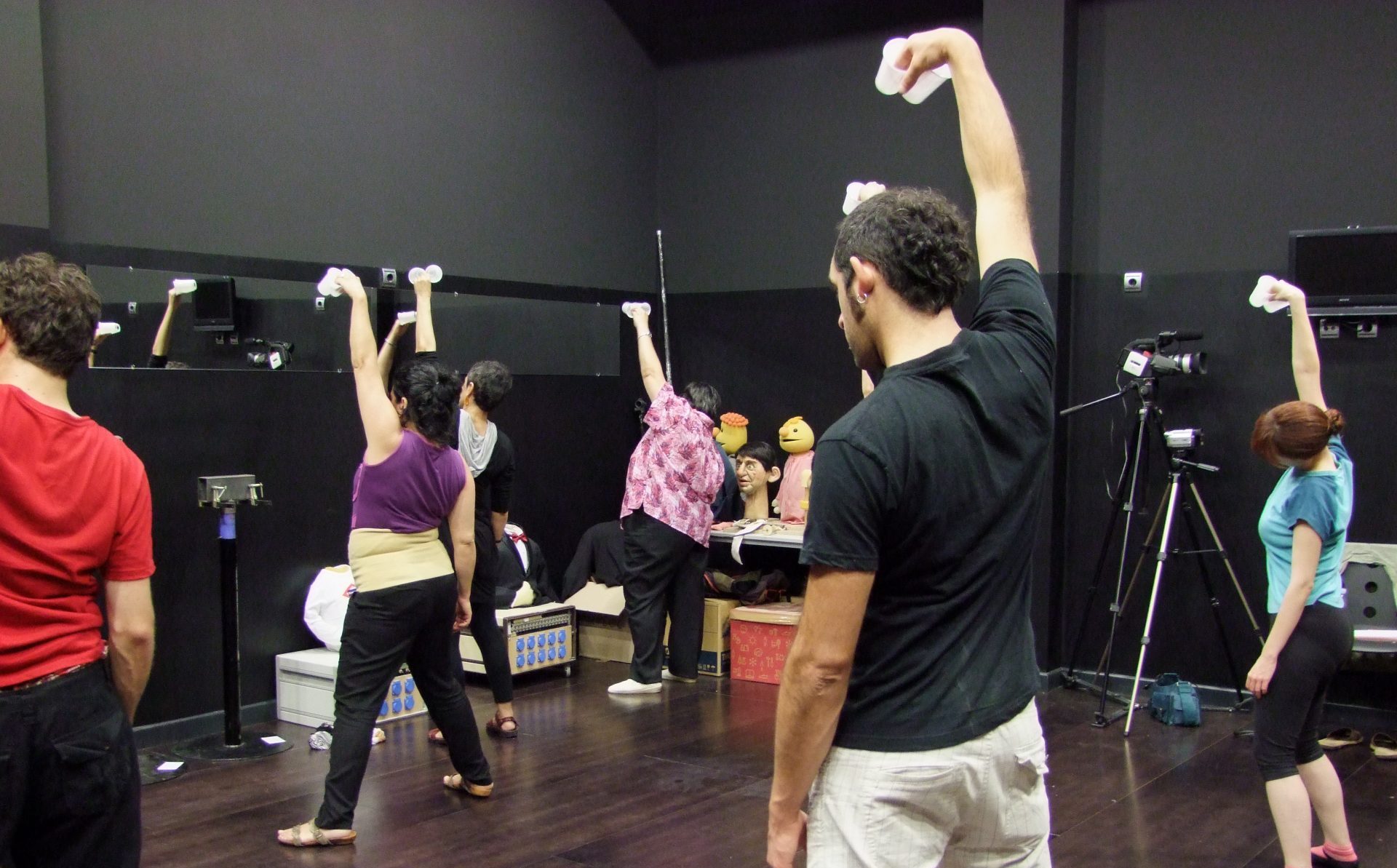
Heritage conservation
The museum focuses particularly on the recovery and conservation of Basque and Spanish heritage, as there is a great urge to protect and preserve works produced by great artists. We must all contribute to avoid potential losses and plundering as we have sadly witnessed in the past.
The way in which TOPIC contributes to this is by means of purchases, donations and safekeeping collections of active or dead artists that run the risk of getting lost. Since the year 2001, UNESCO, worried about this kind of loss, shortlisted the very first works that belonged to the category of Oral and Intangible Heritage of Humanity, an award that several utterances in the field of puppetry have already received. We, of course, endorse this protection.
Our museum is organised around to main areas:
A permanent exposition
Of a didactive and explanatory character, this exhibit will talk about the puppet throughout its history, its geographical location, its cultural mark or its different techniques and utterances. We would like this exposition to be an attractive and interactive space for the interpretation of the puppet. Dani Freixas is the responsible for the museography and layout.
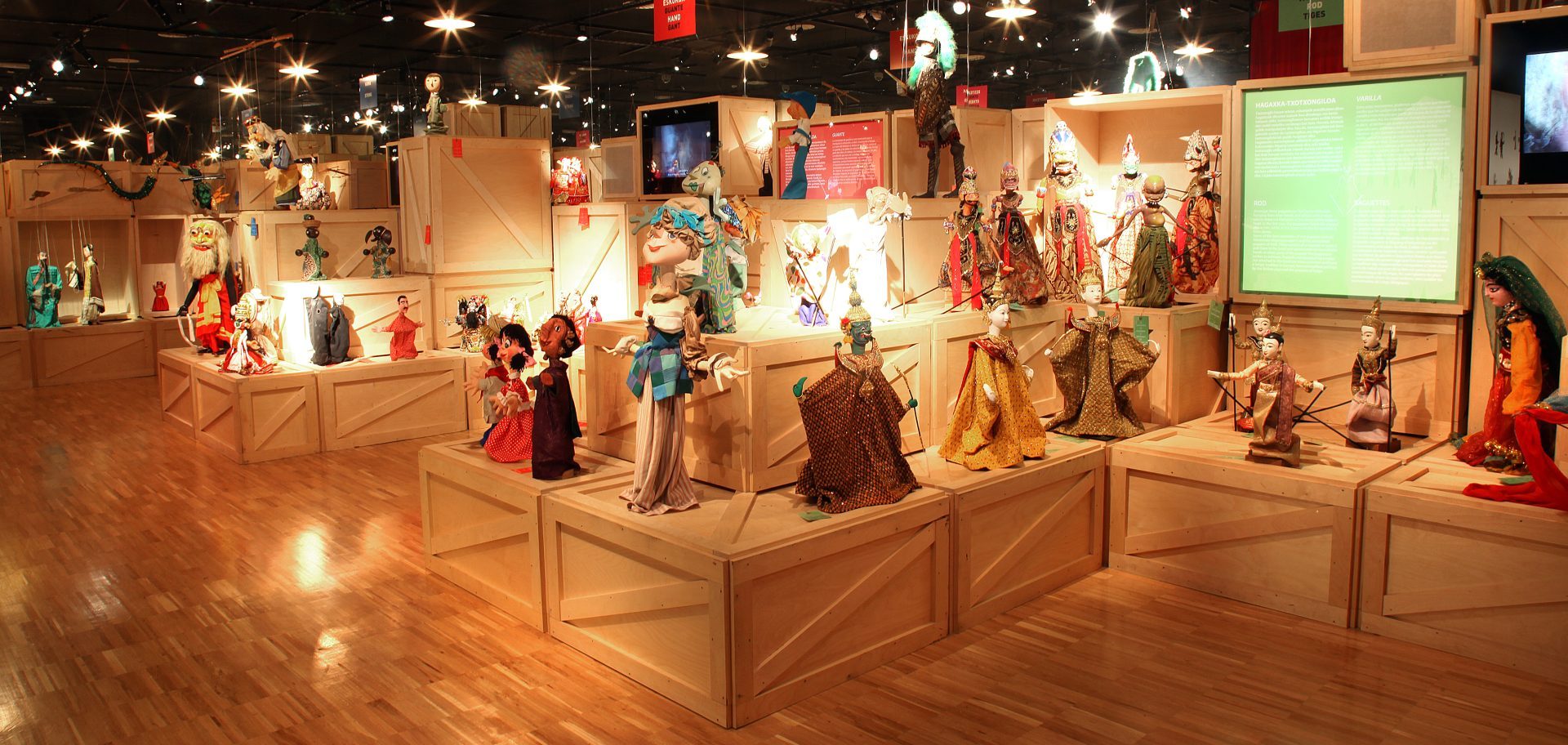
Specialised, monographic, temporary expositions
This additional space hosts specialised, monographic, temporary expositions that belong to our own collection or have been loaned. At TOPIC, we already own a collection of over a million puppets, purchased or stored for safekeeping, of diverse techniques from the five continents.
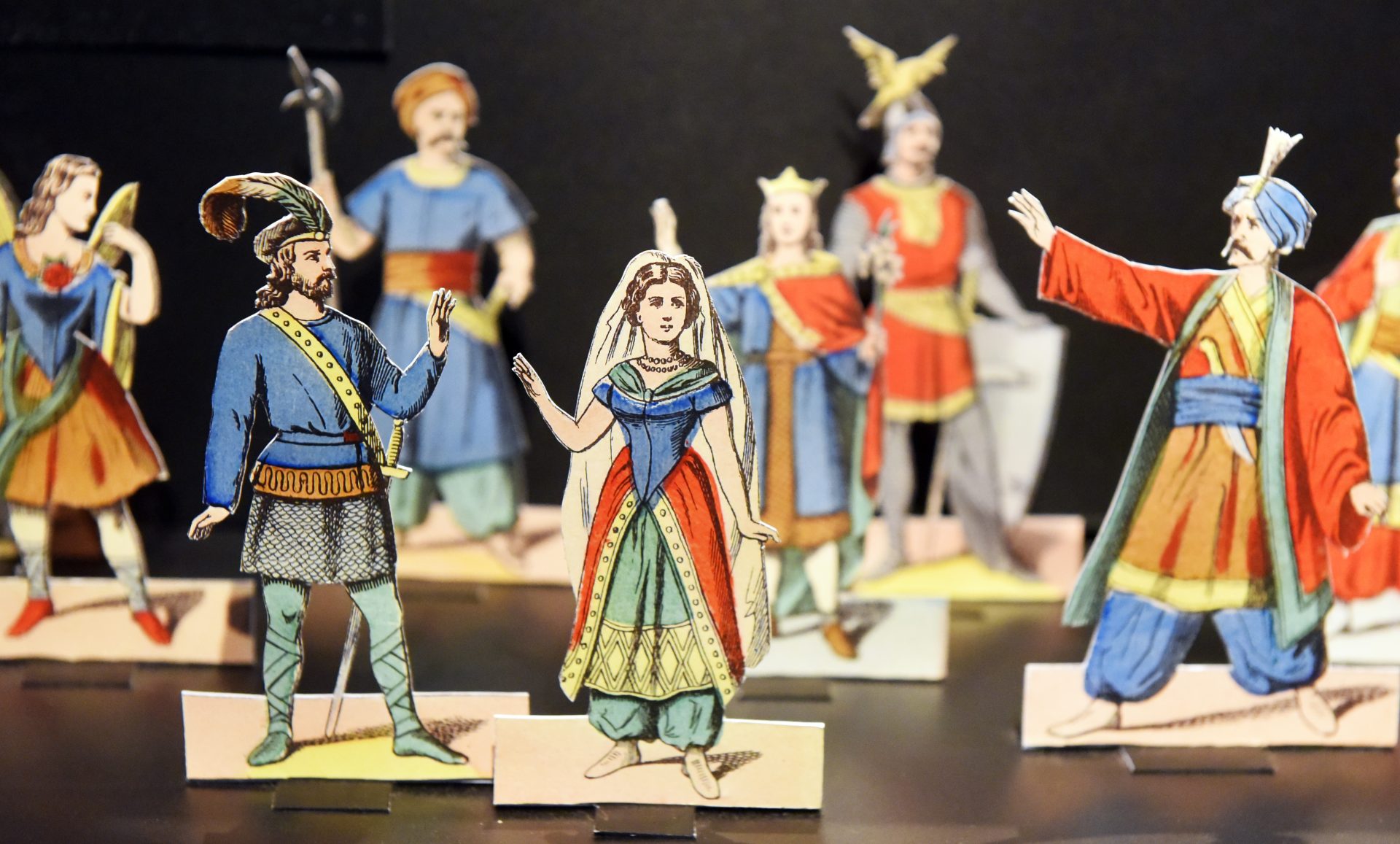
Museum’s opening hours
From Tuesday to Friday
From 10:00 to 13:00 // From 16:00 to 19:00
Weekends and holidays
From 10:30 to 14:00 // From 16:00 to 19:30
Mondays: Closed
The museum will be closed on January 1 and 6, on January 5 in the afternoon; in Carnival from the 27th to the 5th, on June 24 for the San Juan festivities and on December 25. On December 24 and 31 in the afternoon.
Access to the theater will be closed 15 minutes after the start of the performance.

Tolosa Puppet
International Center
Euskal Herria Plaza
20400 Tolosa
Gipuzkoa



